How to use a QR code for artists
- Registering guests for events
- Incorporating fans into the art
- Commissioning work
- Processing online orders
- Running contests
- Getting newsletter subscribers
Artists bring beauty into the world through their work. Whether their medium is watercolor, multimedia, music, clay, or something else, it’s important that artists have a way to share their work. Quick response (QR) codes can help them do just that, and help them promote and sell their work.
A QR code is similar to a barcode you find on retail items. You can encode it with information. Using a smartphone, a user can scan the code, and it will take them to a website or landing page.
While QR codes sound complex, they’re simple and cost-effective to set up. “One of the main benefits of QR codes is that they’re so easy to use,” says Chynna Morgan, the founder and CEO of Viddey, an experiential and SaaS technology company that allows brands to engage with their audience using user-generated videos and sound.
“It is a great way for artists to connect with fans because you can use them anywhere — on magazines, websites, billboards, and more. QR codes can link art to an audience directly.”
Create QR Codes in Minutes
How to use a QR code for artists
Registering guests for events
Many artists hold exhibitions to share their work with audiences. Whether an art gallery holds an exhibition or artists host one in a non-traditional venue like a park, it’s important to register guests so artists can follow up with them after the show, nurture their interest, and potentially make some sales.
Artists can include QR codes on marketing materials that link to event registration forms. They can also include QR codes on the event registration forms themselves and offer discount codes.
Incorporating fans into the art
For artists who want to collaborate with fans, QR codes provide an excellent opportunity.
“We use QR codes as a way for artists to tell fans what they can do with their art,” says Morgan. “For example, fans scan a QR code that takes them to a landing page where the artist tells them to make up a dance to their new song. The fans can share their dance moves on social media.”
This creates exposure for the artist and gets fans directly involved.
Commissioning work
Many artists take commissions from their customers to create pieces. A digital art commission form helps artists gather details for work they’ll create. QR code on the form can link users to a special loyalty program to say thank you to their patrons.
Processing online orders
Wondering how to sell art online? Artists can sell specific pieces through their websites. Including QR codes on digital order forms can provide a way to share additional details about the artist. Depending on the type of art, QR codes are also a useful way to offer discounts or promotions.
However, it’s important to create a QR code correctly. “One of the drawbacks of QR codes is that sometimes the design of the code is too small to scan,” warns Morgan.
Running contests
Some artists also teach others how to perfect their craft. If an artist is running a contest with their students, it’s important to have an art submission form to collect entries. A QR code on the form can link to info on additional classes the artist is offering or a discount code for the next class.
Getting newsletter subscribers
It’s important for artists to keep in touch with their patrons, and an online newsletter is an excellent way to do that. Artists can share details about upcoming exhibitions, info about commissioning work, or any exciting news.
Adding a QR code to any forms or marketing materials and linking that code to a newsletter subscription signup is a good way to get subscribers. “No matter where it links to, make sure the QR code is user-friendly and easy to scan,” Morgan stresses.
How to set up a QR code for artists
Creating QR codes for artists to share, sell, and promote their work is simple with the right tools. Jotform enables artists to create QR codes along with the forms they need for each process.
Jotform offers a number of form templates, such as artwork request forms, online art class registration forms, order forms, request forms, and much more. Each form is fully customizable, so artists can tailor it to their needs. Using the QR code widget, artists can add a QR code to any form, encoding it with a URL, text, or numbers.
Now that you know about the many ways artists can use QR codes and how to set one up using Jotform, it’s time to get started. Share, sell, and promote your work easily so you can continue to spread beauty through the world.
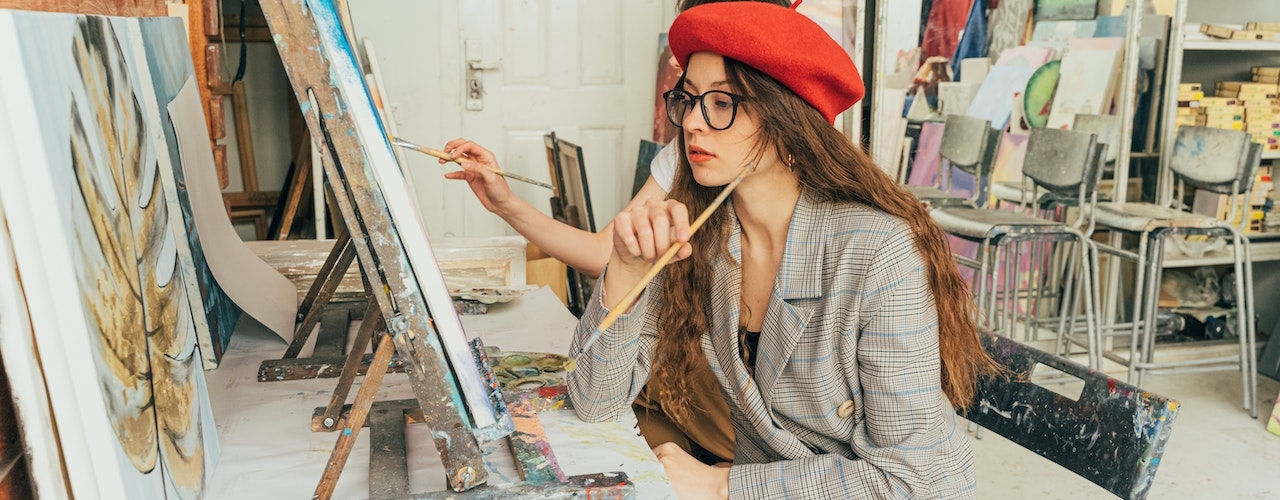
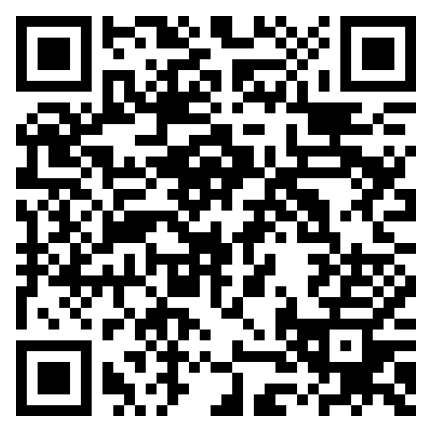

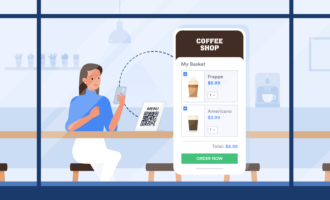
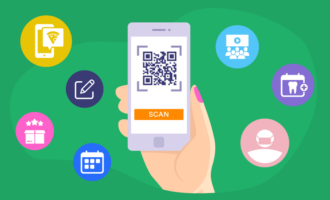





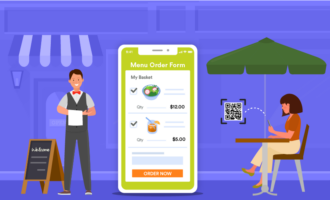


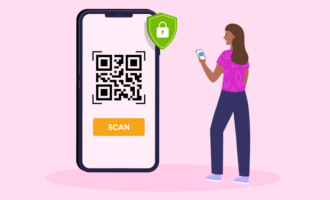
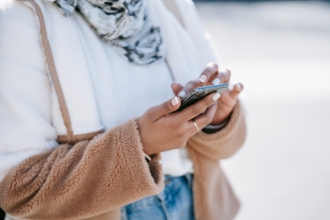

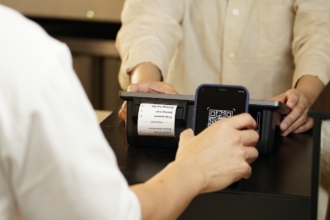









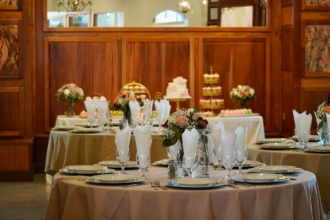
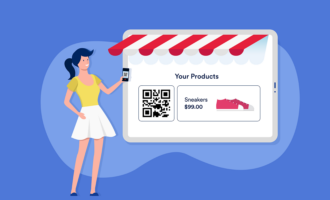

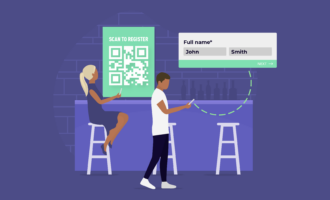

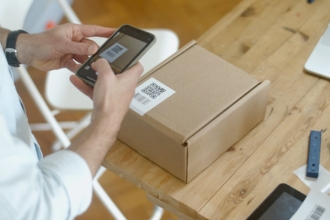






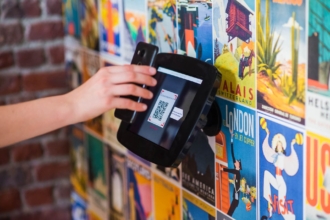









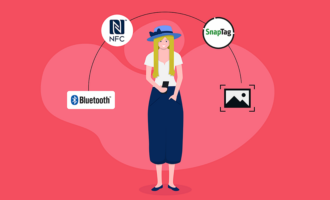

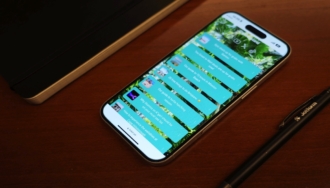


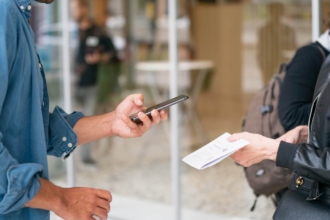

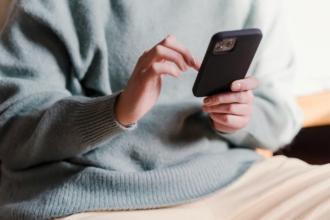
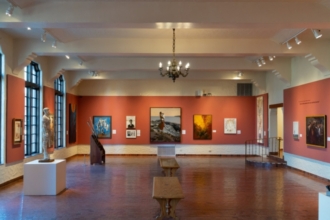
Send Comment: